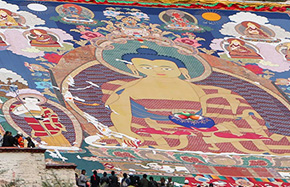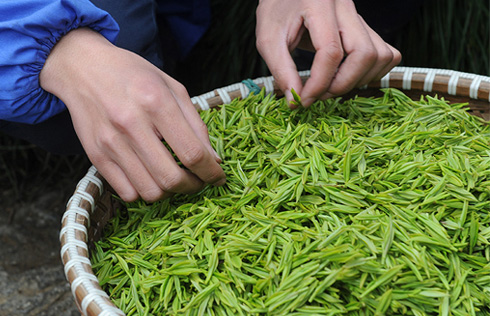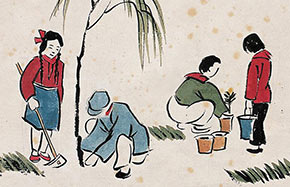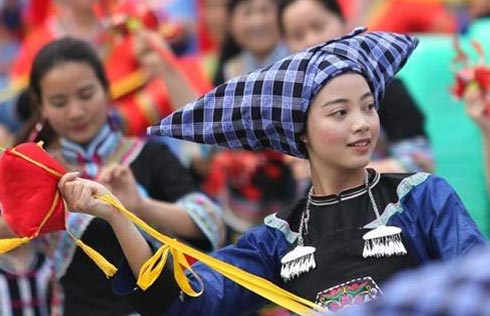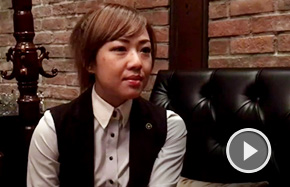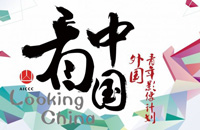Plan to revitalize traditional crafts
The document also called for universities, enterprises and institutions to host seminars and training sessions for inheritors and practitioners of famous traditional crafts.
In addition, the country will support eligible universities to set up majors and courses in traditional crafts and cultivate professional talent. The country will continue to promote intangible cultural heritage education in universities, and in middle and primary schools, in an effort to enhance awareness.
As the Chinese economy grows, more attention has been attached to soft power, leading to cultural heritage, including traditional crafts, being promoted more by the central and local governments. To date, China has more examples of intangible cultural heritage listed by UNESCO than any other country in the world, with 38 entries.
The Plan on Revitalizing China's Traditional Crafts came as a result of the Ministry of Culture's announcement in January last year that it was compiling a new guideline to better protect traditional crafting techniques, especially those in danger of dying out.
Currently, the country has about 1,700 nationally-recognized inheritors of intangible heritage and the Ministry of Culture raised the subsidies they each receive to 20,000 yuan ($2,900) per year at the time of last year's announcement.
Xia Xueluan, a visiting professor of sociology at Sanya University in Hainan province, stressed the importance of preserving traditional crafts for the generations to come.
"Despite the government's efforts to conserve these techniques, some are still vanishing. The plan sets a direction for local authorities to protect this intangible heritage," Xia said, adding that the result will depend on how the plan is carried out.
Xu Chaoxing, a maker of pottery known as celadon in Longquan county, Zhejiang province, said the plan will help boost traditional crafts, which are an essential part of Chinese culture.
Longquan celadon is a type of green-glazed pottery that dates back more than 1,700 years. It was listed as intangible cultural heritage by UNESCO in 2009.
Xu has been making the traditional ceramics since 1956 and has personally witnessed the craft's revival and resurgence.
"I will continue to embrace 'the spirit of the craftsman' (a concept introduced by Premier Li Keqiang during last year's two sessions) and improve the techniques I utilize, which I hope will, in turn, contribute to the revitalization of China's traditional crafts," Xu said.




